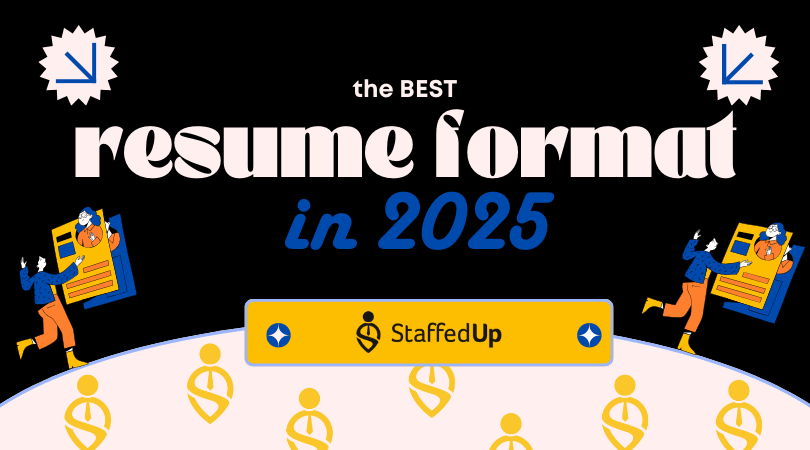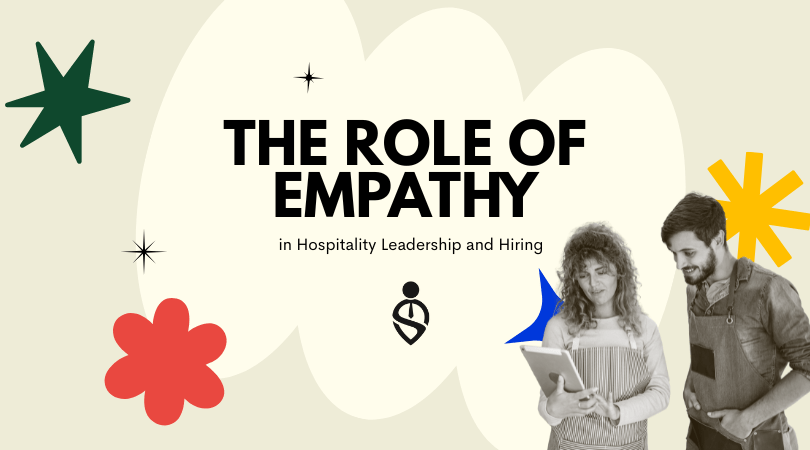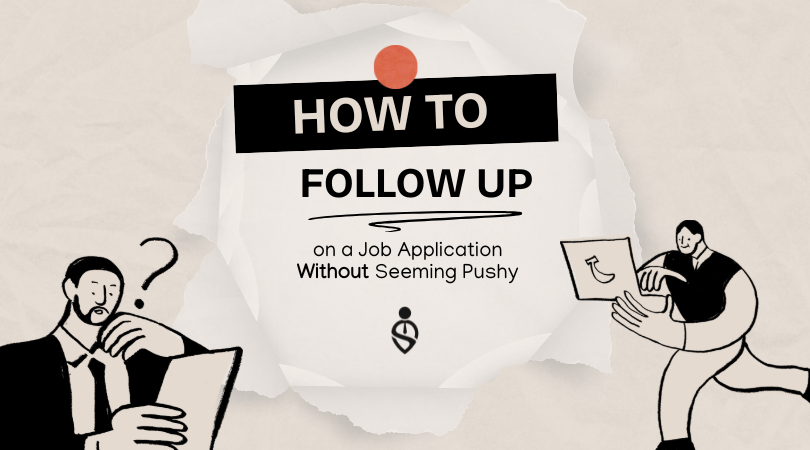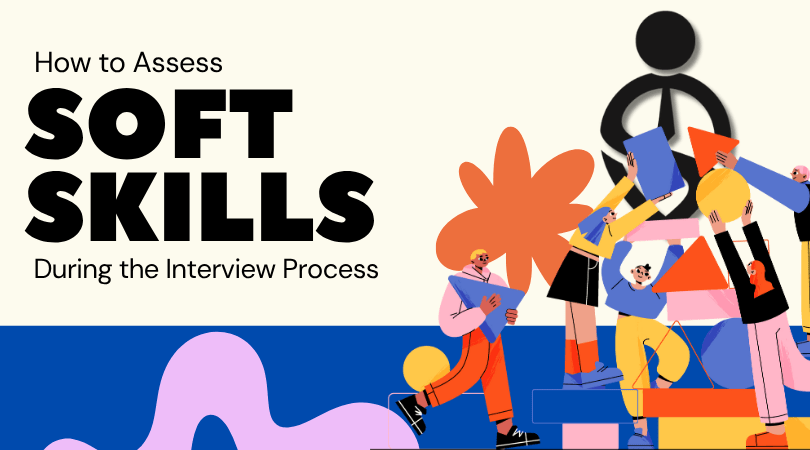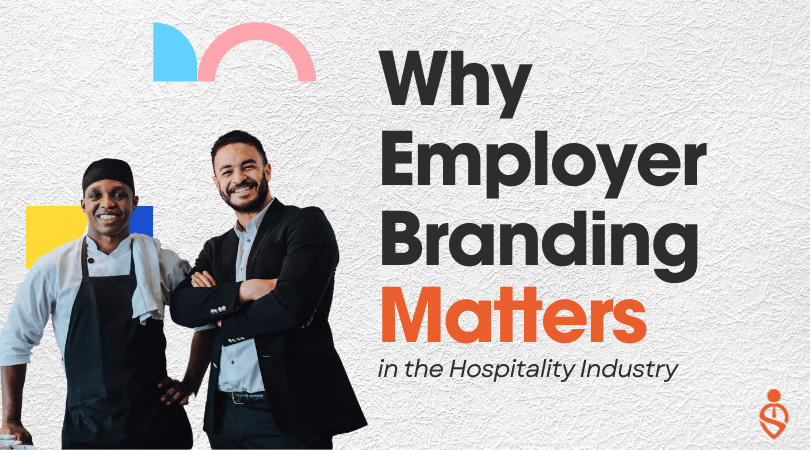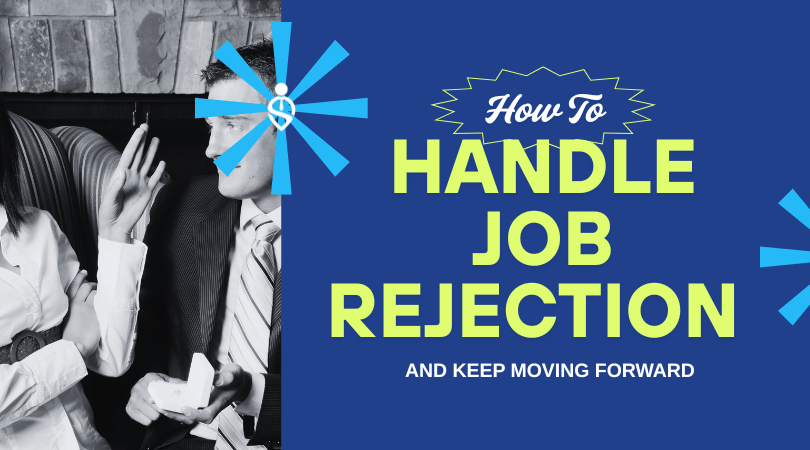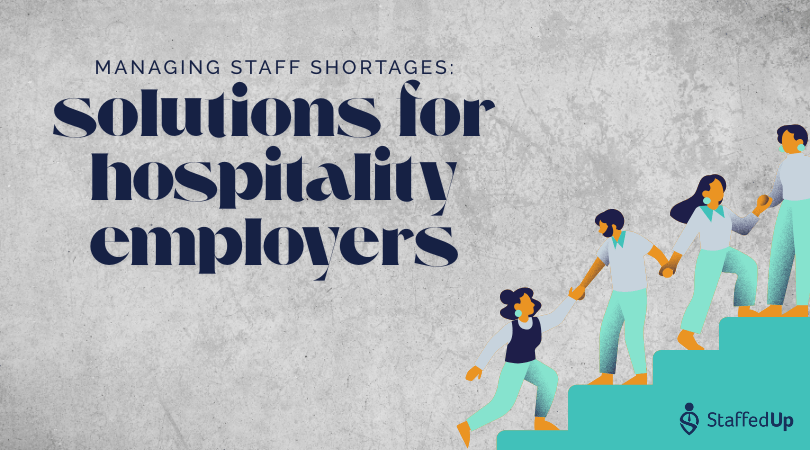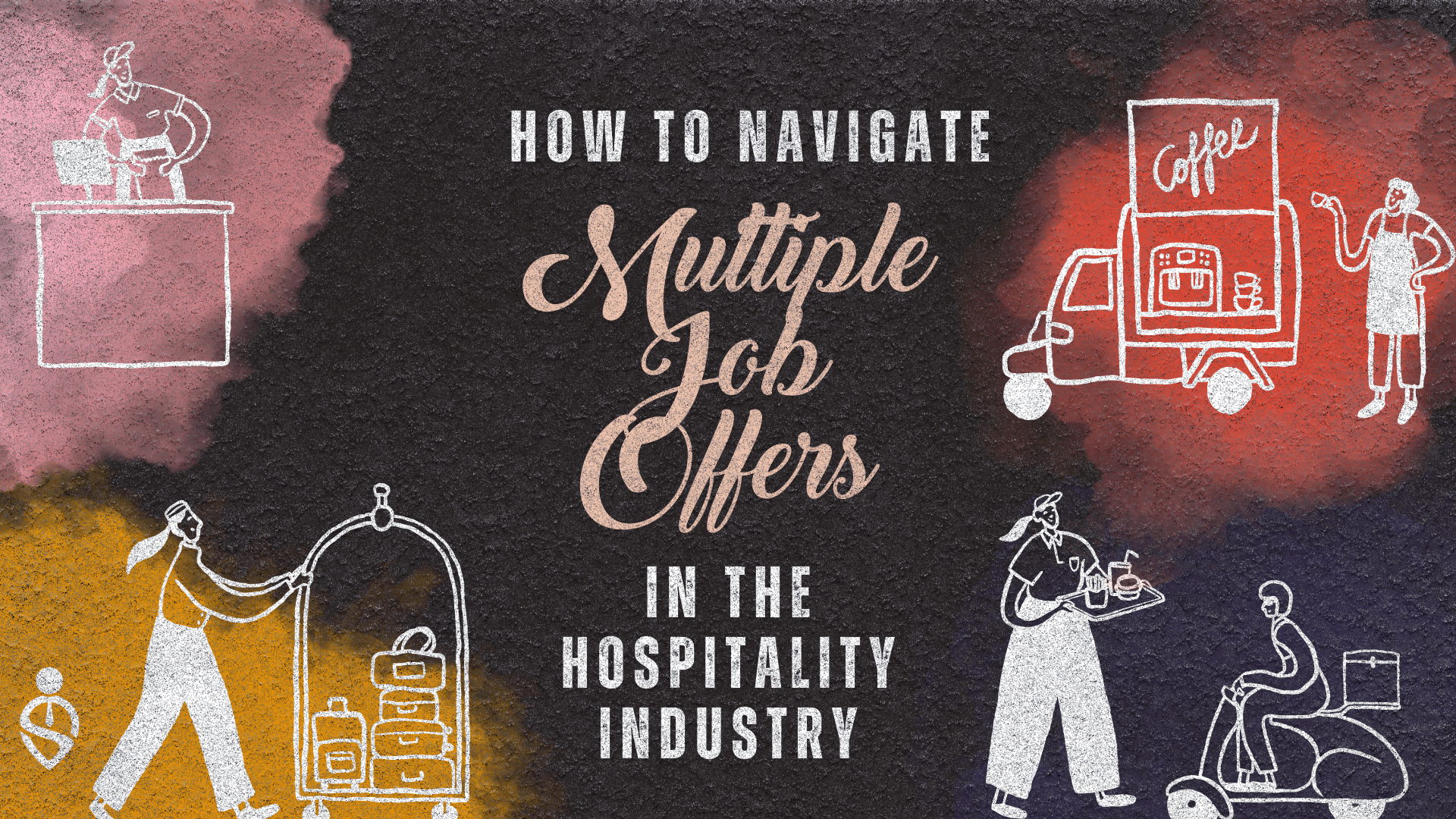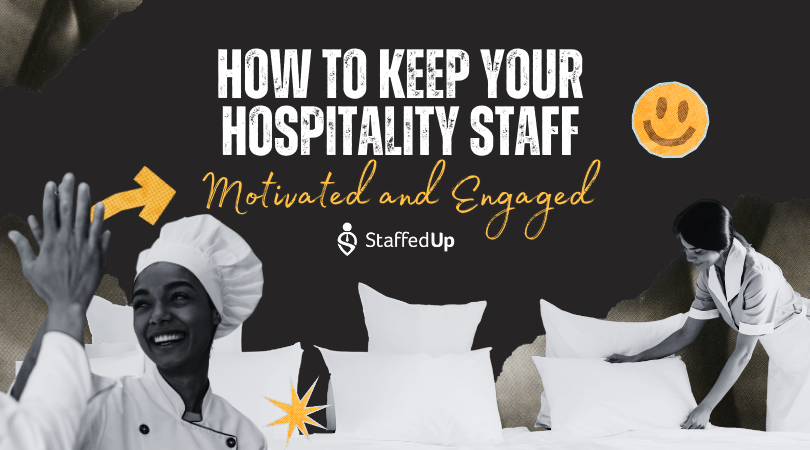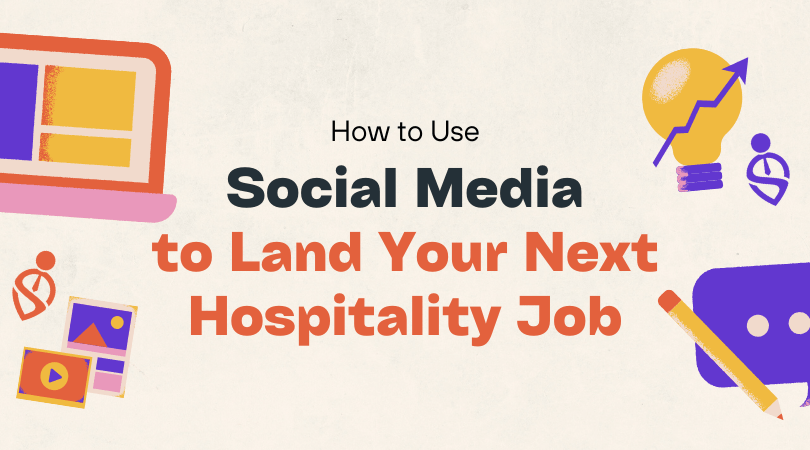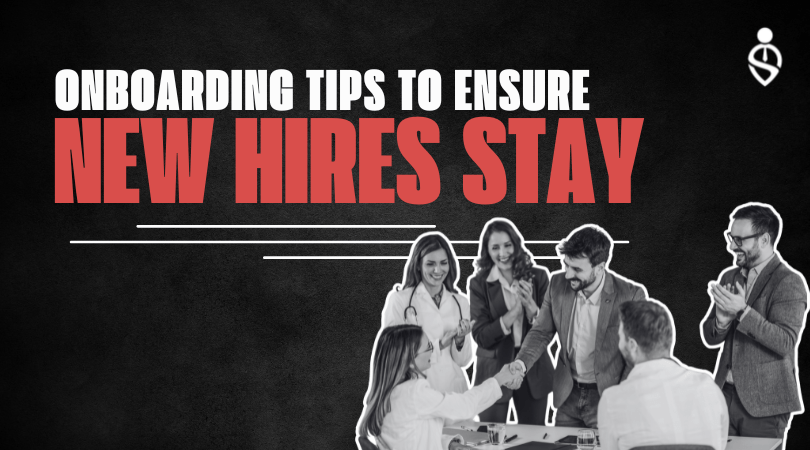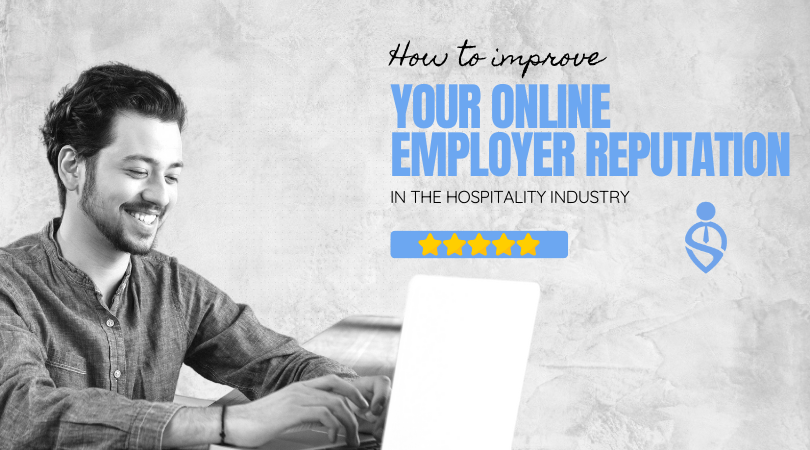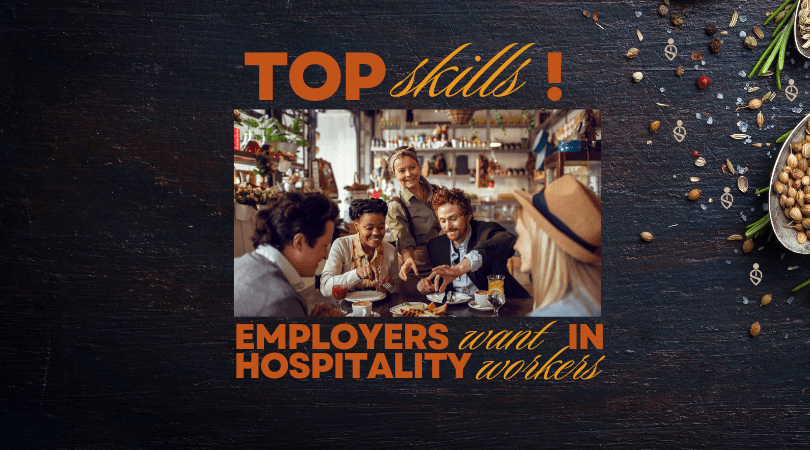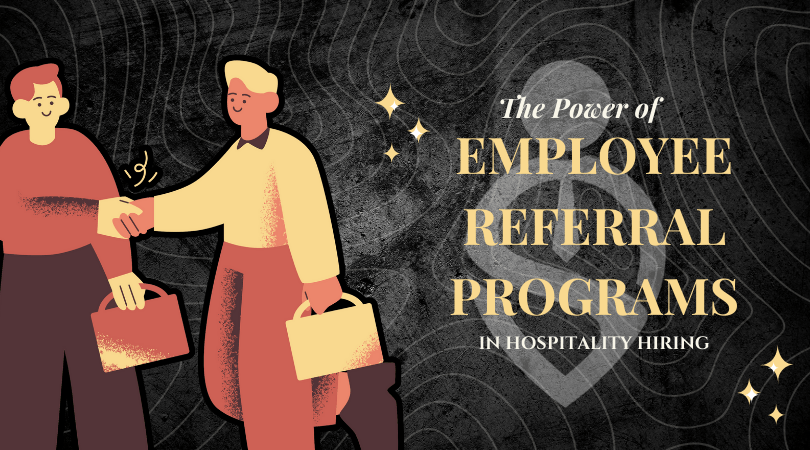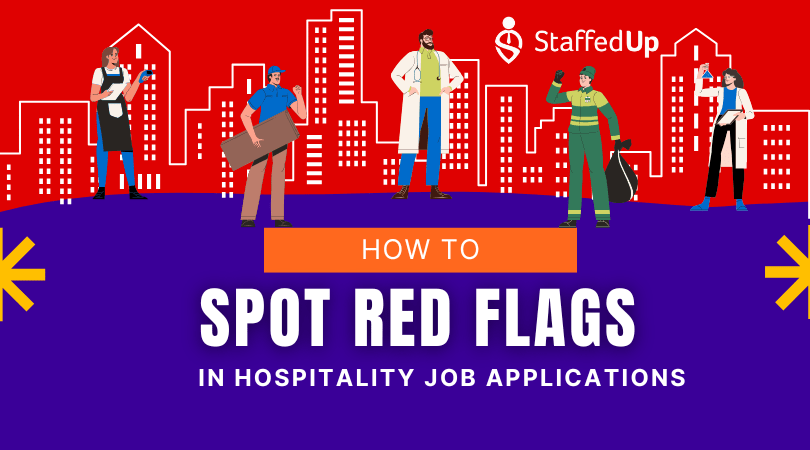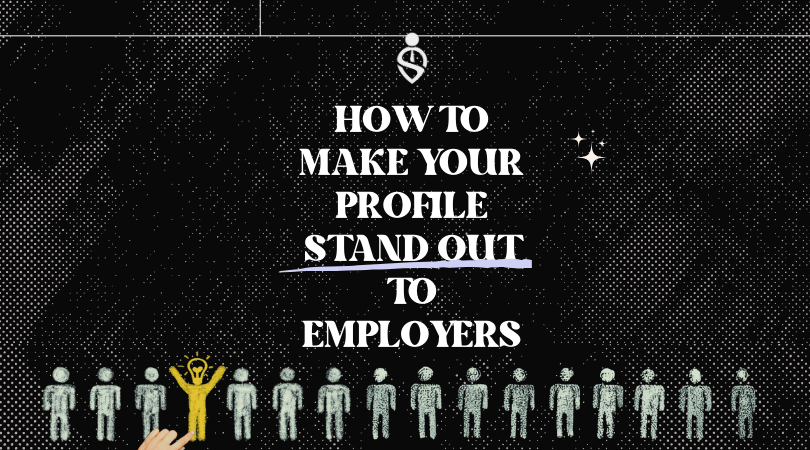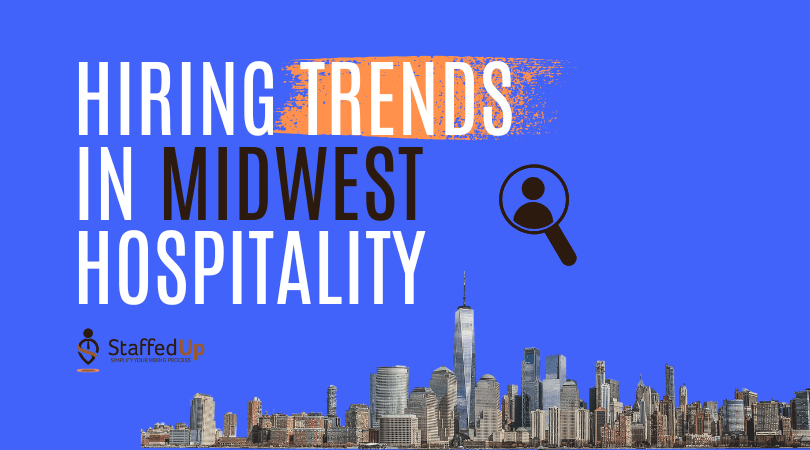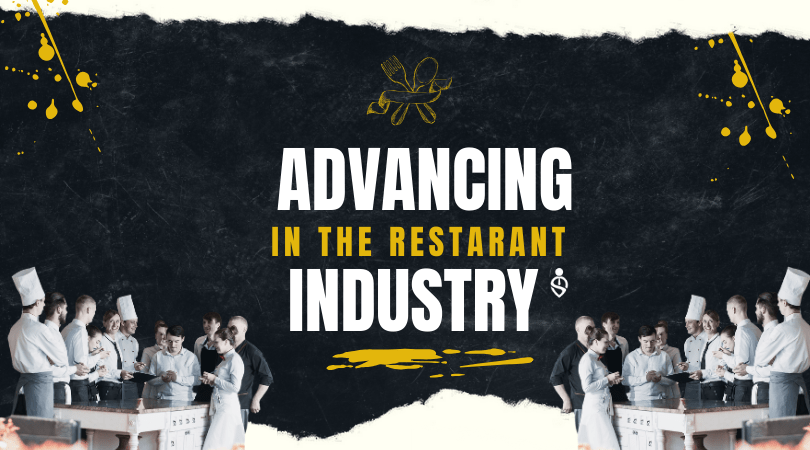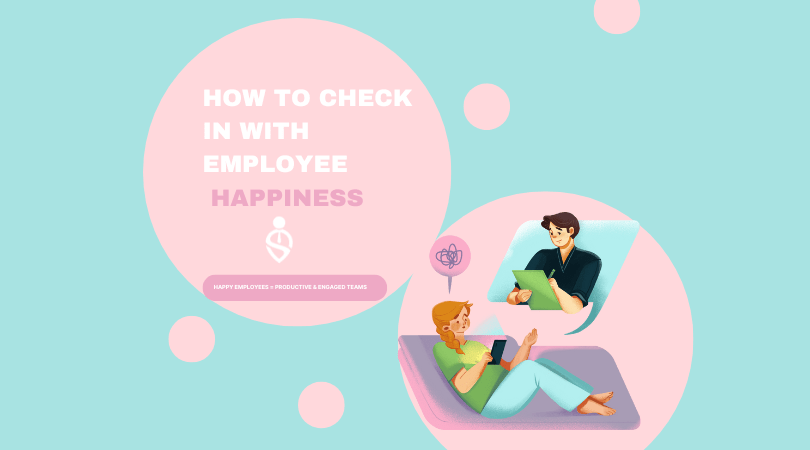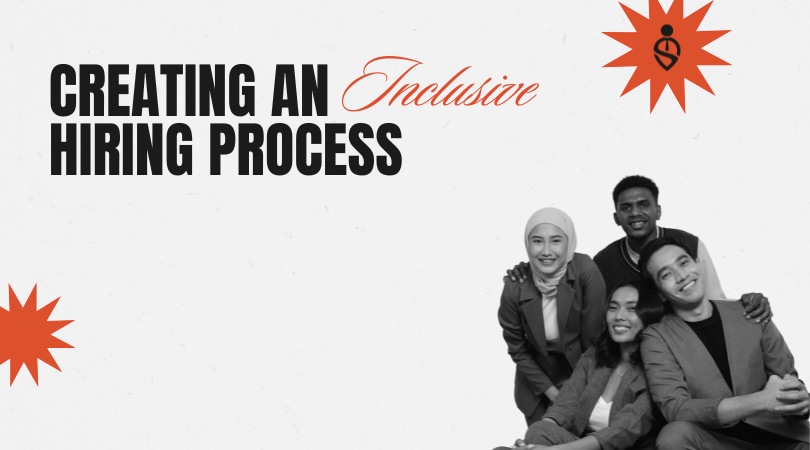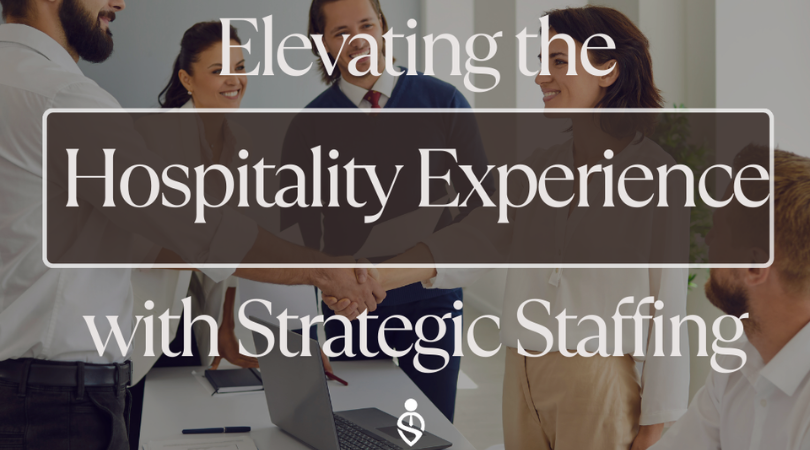You post a job.
You wait.
You refresh your inbox 20 times.
…and crickets.
In 2025, the hospitality job market looks different. Employers are desperate to fill roles. Candidates, on the other hand, are in the driver’s seat. They have options—and they’re selective.
So if your listing for a server, bartender, or front desk associate is getting ignored, it’s not because no one’s out there. It’s because your job posting isn’t doing its job: attracting attention, sparking interest, and convincing people to apply.
The good news? Fixing it doesn’t require a hiring miracle. You just need to treat your job ad less like paperwork and more like marketing.
Hospitality Job Ads Are Marketing—Not HR Documents
Too many employers copy-paste a bland template or write job ads like a list of demands.
- “Must have 2 years of experience.”
- “Must be available weekends and holidays.”
- “Must be able to lift 50 pounds.”
Sure, those details matter—but they don’t sell the job.
Candidates don’t care about what you need. They care about what they get.
Think of your job posting like your restaurant menu:
- If your menu just said “Food served daily,” would anyone get excited?
- Probably not.
The same goes for your job ad. If you don’t make it appealing, it’s just another listing in a sea of thousands.
Reason #1: Your Job Title Isn’t Search-Friendly
Your job title is your headline. If it doesn’t hook candidates or show up in search, your ad is invisible.
What doesn’t work:
- “Hospitality Rockstar”
- “Customer Service Guru”
- “Team Member”
These titles might sound fun, but they don’t match what candidates actually type into job boards or Google Jobs.
What works:
- “Bartender – Craft Cocktail Bar”
- “Server – High-Volume Restaurant”
- “Front Desk Associate – Boutique Hotel”
👉 Always lead with the role, then add a descriptor that helps you stand out. Keep it keyword-friendly so both job seekers and search engines can find you.
Reason #2: Your Job Description Is Too Vague (or Too Harsh)
Here’s what most candidates think when they read the average hospitality job description:
“This could describe literally any restaurant in the city.”
Or worse:
“This sounds exhausting, why would I apply here?”
Vague example:
“We’re looking for a motivated individual with good communication skills.”
Harsh example:
“Must be available 7 days a week. Must have 5+ years of experience. No exceptions.”
Neither works.
Fix it:
- Write 2–3 sentences upfront that describe your business and why someone would want to work there.
- List 4–5 key responsibilities in bullet points (not 15).
- Include 3–4 must-have qualifications, but don’t scare off good candidates with a giant wish list.
📌 Pro tip: Highlight what’s in it for them—higher pay, flexible shifts, career growth, or a fun team environment.
Reason #3: You’re Hiding Pay Information
Candidates in 2025 expect transparency. Job ads without pay listed get fewer clicks and lower applicant volume. In many states, it’s also the law.
Bad example:
“Competitive pay based on experience.”
Better example:
“$16–$18/hour + tips (average $150–200/week).”
Even if you can’t commit to an exact number, give a realistic range. It builds trust and saves you (and applicants) wasted time.
Reason #4: Your Posting Looks Outdated
Hospitality candidates apply on their phones. If your job ad looks like a block of text from 2010, it won’t get read.
Signs of an outdated listing:
- Walls of text
- No bullet points
- Instructions like “Fax your resume” or “Apply in person only”
- Missing a perks/benefits section
Fix it:
- Break up text with headers and bullets
- Lead with a quick summary, not a lecture
- Add a perks section: even small things like free meals, shift drinks, flexible scheduling, or employee discounts count
- Keep it mobile-friendly
Reason #5: You’re Not Selling Culture
Hospitality workers aren’t just looking for a paycheck. They want a team they’ll enjoy and a place where they’ll be valued.
How to sell culture:
- “We’re a close-knit team that looks out for each other.”
- “Our bartenders get to compete in cocktail competitions.”
- “We celebrate birthdays, staff milestones, and team wins.”
It doesn’t take much—but sharing these details makes your ad memorable.
Reason #6: Your Application Process Is a Chore
Even the best job ad won’t work if applying feels painful.
Common problems:
- 30-minute forms
- Forcing candidates to retype their entire resume
- Cover letter requirements for hourly roles
Fix it:
Keep it fast and mobile-friendly. A candidate should be able to apply in under 5 minutes. Anything longer and they’ll move on to the next listing.
Reason #7: You’re Ignoring Keywords & ATS Optimization
Hospitality hiring in 2025 isn’t just about humans reading your ad—it’s about algorithms.
Many job boards (including Indeed, ZipRecruiter, and Google Jobs) rank listings based on keywords. If your posting doesn’t match what job seekers type in, you’ll get buried.
Fix it:
- Use role-specific terms: “Bartender,” “Line Cook,” “Server,” “Host”
- Include location: “Downtown Chicago Restaurant Hiring Bartender”
- Avoid jargon job seekers won’t search for
📌 Bonus: Write your job ad so it works for both humans and ATS (Applicant Tracking Systems). That means clear job titles, bullet points, and common industry skills.
A Framework for Writing Job Ads That Work
Here’s a step-by-step structure you can use for every listing:
- Headline/Title: Clear and keyword-rich
- Opening Pitch: 2–3 sentences selling your business and culture
- Responsibilities: 4–5 bulleted key tasks
- Requirements: 3–4 must-haves (not a wish list)
- Perks & Pay: Be transparent and highlight unique benefits
- Culture Note: Why your workplace is different
- Call to Action: Clear instructions with a mobile-friendly link or button
Follow this formula, and your listing will instantly stand out from the generic noise.
Mini Case Studies
Case Study #1 – Restaurant in St. Louis
Problem: Job posting listed no pay, required 3+ years’ experience for servers, and sounded strict.
Fix: Updated title, added $14–$16/hr + tips, listed perks (free meals, flexible shifts).
Result: Applicants tripled in two weeks.
Case Study #2 – Boutique Hotel in Denver
Problem: Used “Guest Service Specialist” as title, got almost no applicants.
Fix: Changed to “Front Desk Associate – Boutique Hotel,” added pay transparency.
Result: Posting started ranking in search, doubled applicants in 10 days.
Case Study #3 – High-Volume Bar in Austin
Problem: Application took 25 minutes on desktop only.
Fix: Switched to 2-minute mobile-friendly application.
Result: 60% more applications completed.
Mistakes to Avoid Checklist
❌ Cute job titles that no one searches for
❌ Walls of text with no bullet points
❌ “Competitive pay” with no actual numbers
❌ Laundry lists of demands
❌ Ignoring culture or perks
❌ Slow, clunky application forms
If your job ad checks even two of these boxes, it’s time to rewrite.
FAQs: Why Job Seekers Ignore Listings
Do I really need to post pay?
Yes—applications drop without it. Transparency is the standard now.
How long should a posting be?
300–500 words max, broken into chunks. Job seekers skim, not study.
Can I use the same ad forever?
No. Refresh every 30–60 days or you’ll look stale.
What’s the fastest way to stand out?
Be clear, transparent, and human. Candidates can spot copy-paste listings a mile away.
Stop Being Ignored—Start Getting Applicants
Every unfilled role costs money—slower service, stressed staff, and lost revenue. But the fix isn’t complicated.
With a few adjustments—like clear titles, pay transparency, and culture highlights—your postings can attract more candidates and fill roles faster.
That’s exactly what we help employers do at StaffedUp.
👉 Post your job today or check out more tips on the StaffedUp blog.
